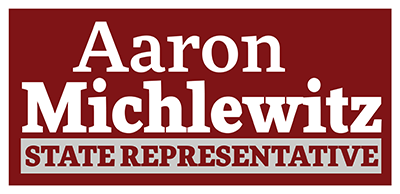LIHC Investment Group and Belveron Partners have reached agreements with the Boston Housing Authority and MassHousing to extend 60 units of affordable rental housing at Mercantile Wharf, a historic property in Boston’s North End.

Mercantile Wharf is a 122 unit mixed-income community that was subsidized through the 13A mortgage program in the 1970s, which allowed property owners to secure low-interest loans in exchange for providing below-market rents to tenants.
In 2018, the provisions governing Mercantile Wharf expired, putting it at-risk of losing its affordability as units became vacant and re-rented at market rate. For the past three years, the owners and residents have worked to save the property from conversion to market-rate condos. A preservation plan has now been established to protect existing residents and maintain the units for low-income tenants in the future.
“Rising rents in this part of Boston have forced many longtime residents to move elsewhere, however that will not be the case at Mercantile Wharf,” said Charlie Gendron, Principal, LIHC Investment Group. “Prioritizing the preservation of communities like Mercantile is an effective way of maintaining the mixed-income, diverse neighborhoods which made Boston the great city that it is today.”
Under the terms of the agreement, 48 very low-income households at Mercantile Wharf were eligible for and will benefit from a new Project-Based Section 8 contract, guaranteeing their homes will remain affordable for at least the next 20 years. These federally backed, project-based vouchers are a form of rental assistance that stays with the property so if a unit becomes vacant, it is reserved for incoming tenants earning no more than 50 percent AMI. Section 8 also limits the amount a tenant pays toward rent to 30 percent of their adjusted gross income.
Ten low-income households—those with incomes between 51 percent and 80 percent AMI—will receive tenant-based rental assistance from the Massachusetts Rental Voucher Program (MRVP), in addition to two more households that opted into the mobile MRVP program. Households with mobile MRVP vouchers will pay approximately 40 percent of adjusted gross income toward rent.
“This was an agreement that will ensure housing stability for dozens of families in the North End,” said Boston Housing Authority Administrator Kate Bennett. “Communities like Mercantile Wharf are an essential part of the city’s urban fabric, and we are proud of the role we’ve played in securing their long-term future here in Boston.”
Mercantile Wharf is the third housing development at an expiring 13A property to secure support from the Boston Housing Authority, the other two being 38 units in the South End and 48 units in Jamaica Plain. More than 4,200 low and moderate-income apartments throughout Massachusetts were financed in the 1970s through the state’s Section 13A program.
**This article was featured on NorthEndWaterfront.com on 10/9″
